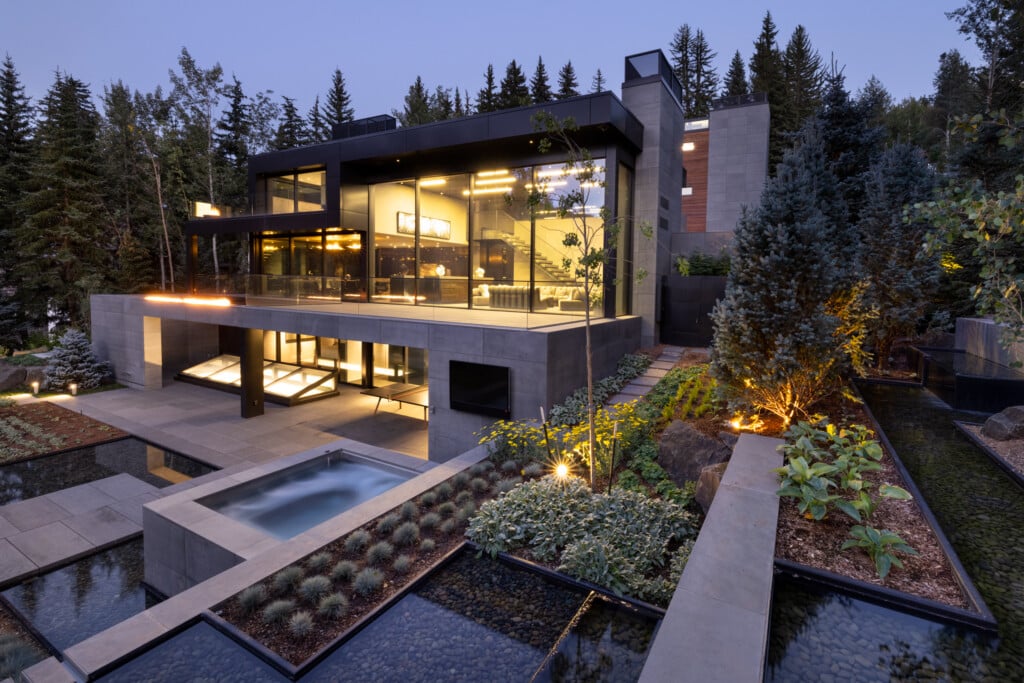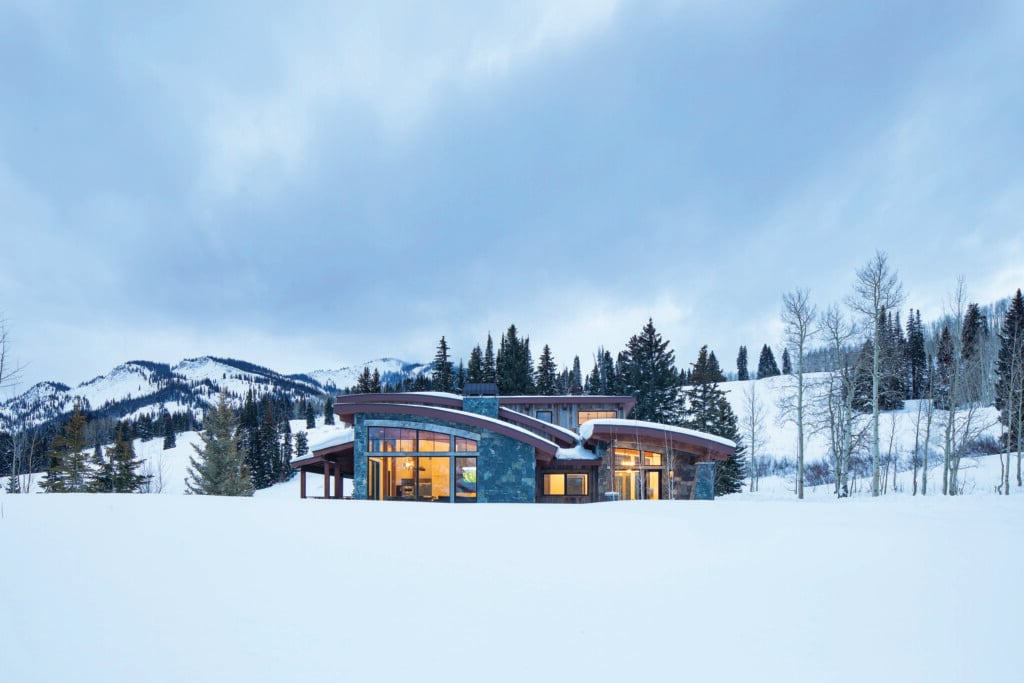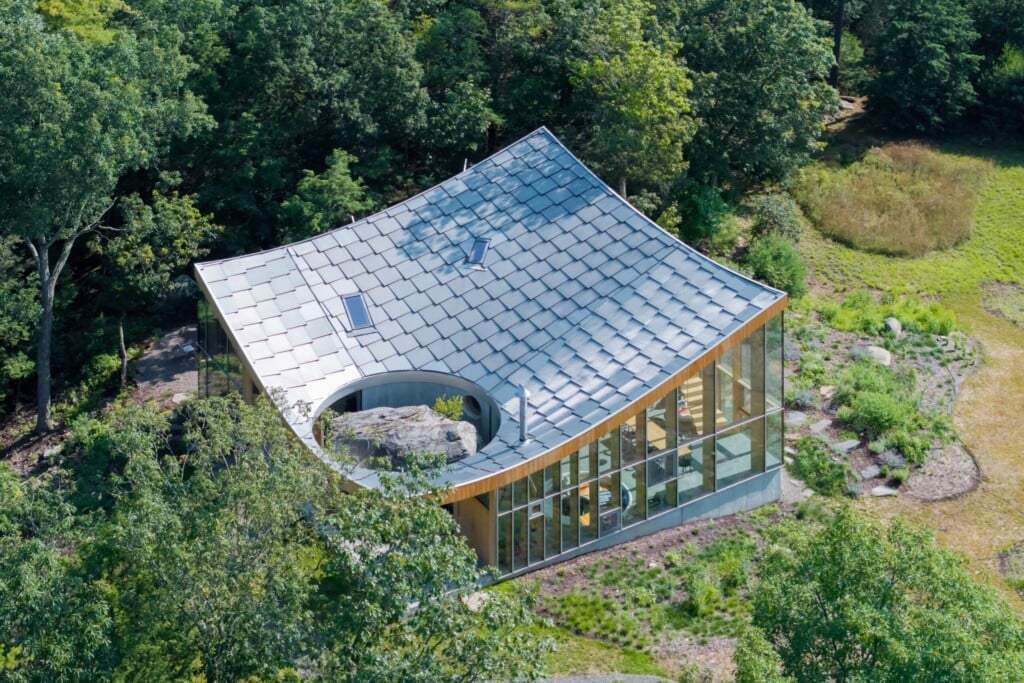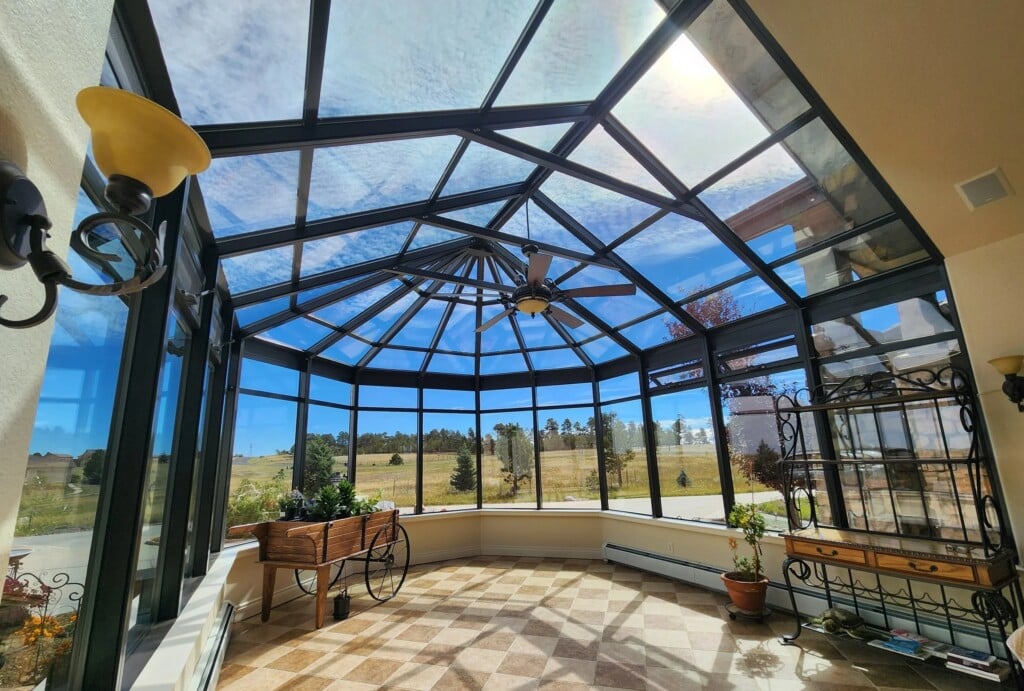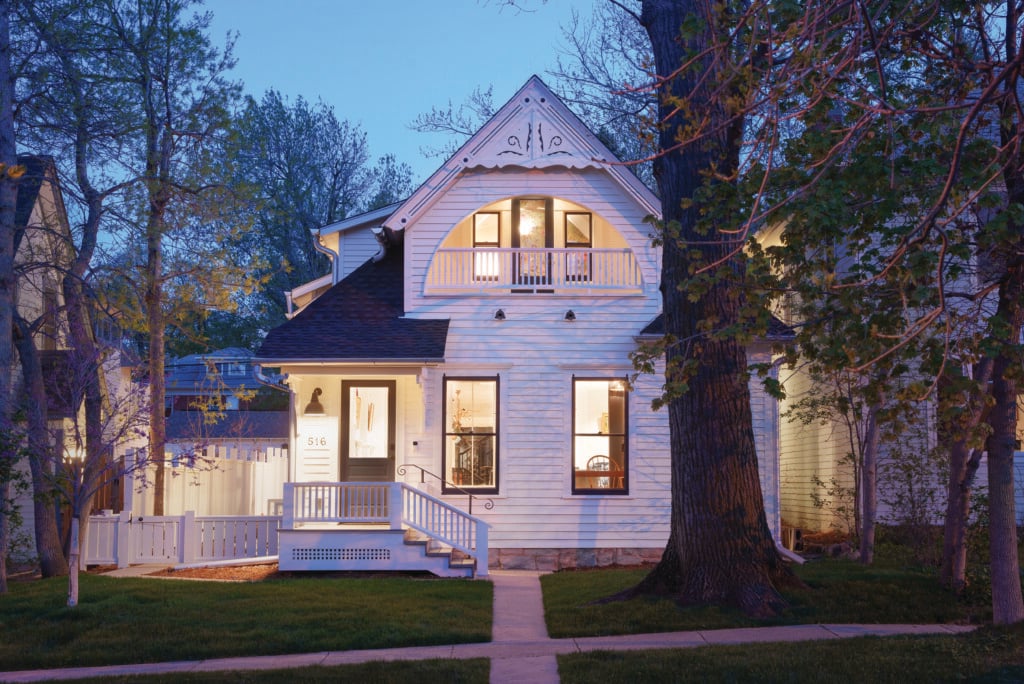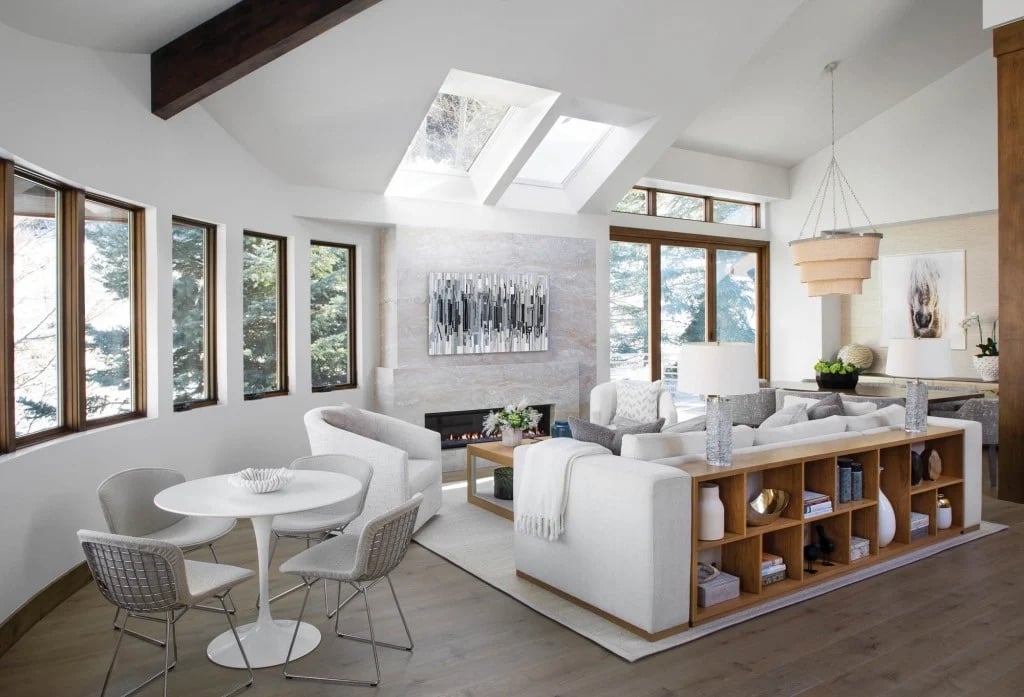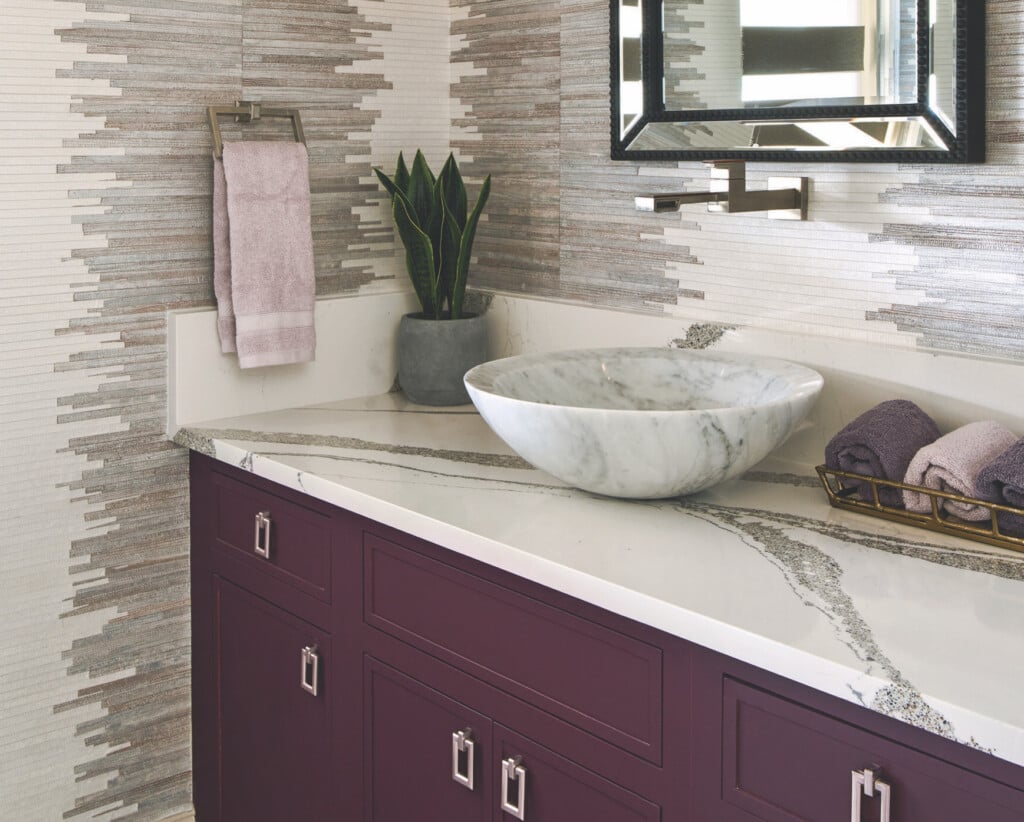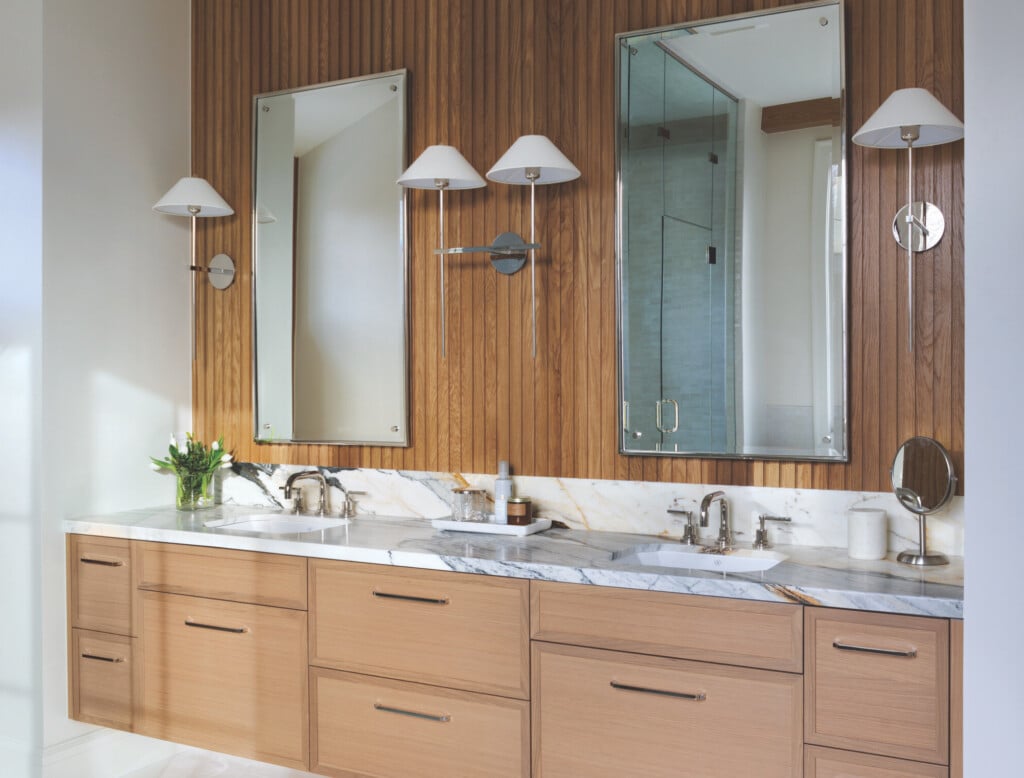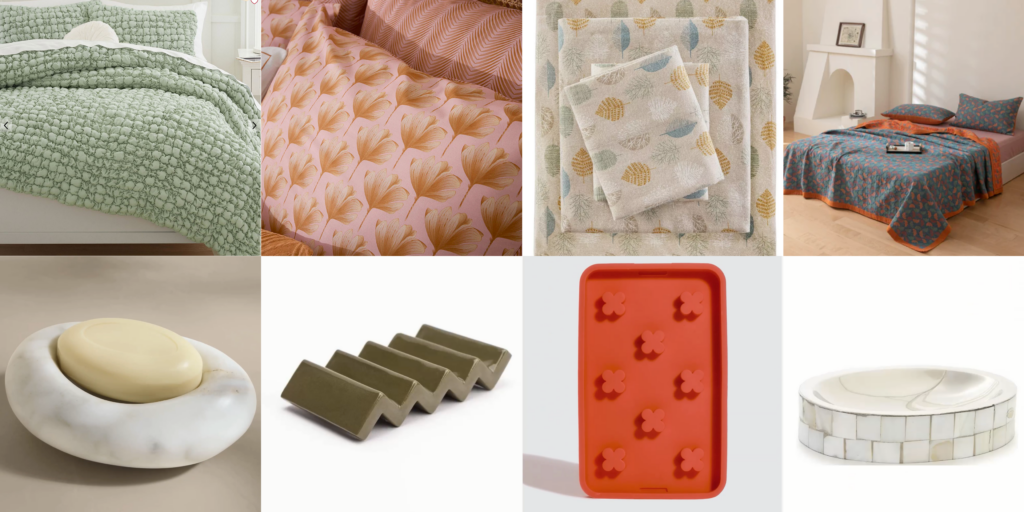Designing an Estate Gate where Elegance and Function Align
Combine peace of mind with elevated design.
An estate gate is more than an entry—it’s a statement. A custom-designed gate doesn’t just boost curb appeal; it adds tangible lifestyle and property benefits. Think increased privacy, perimeter security, safety for children and pets, aesthetic cohesion and controlled access to your property. Whether you’re a homeowner, real estate professional, or contractor, here’s what you need to know when considering a custom gate system.
Form Meets Function: The Power of Custom Design
Custom driveway gates offer nearly limitless design possibilities. With the right balance of style and structure, your gate can reflect the architectural tone of your home. Gates can be designed and incorporate powder-coated welded steel that is durable and rust resistant, wood /steel combinations that offer a warm aesthetic with lasting strength, or aluminum materials that are lightweight and corrosion resistant.
Customization options include decorative graphic panels, airbrushed artwork, and a wide variety of colors. Coupling the gate with brick masonry, stone pillars, matching fencing, and integrated lighting can create a truly impressive entrance.
Why Professional Design Matters
Choosing the right gate designer is critical. Beyond artistic vision, your designer must understand mechanics, automation, and safety compliance. Look for professionals with a Certified Gate Automation Designer (CGAD) credential from the American Fence Association to ensure your gate is designed to meet current safety standards—reducing risk and liability.
A Colorado gate must withstand unique environmental challenges of heavy snow loads, extreme temperatures, high winds and freeze-thaw cycles. A knowledgeable gate designer will guide you toward the most reliable option for your terrain and weather patterns.
Safety First: Gate Automation Essentials
Modern automated gates have required built-in safety systems to prevent injury or damage. Key technologies include photo-eye sensors, microwave and ultrasonic detectors, inductive loops and magnetic sensors and laser based object detection.
There are many types of gate operators that can open and close a gate depending on expected vehicular traffic, size and weight of the gate, and security profile of the location. While the investment in commercial grade operators cost may be higher, it will have a longer lifespan and better reliability.
Smart Access Control: Today’s Tech at the Gate
Gone are the days of a simple remote control. Today’s smart gates offer a wide range of secure access options. Tech-savvy options include keypads, exit sensors, RFID tags and magnetic keycards. Smartphone apps and cloud-based systems now incorporate HD video with two-way audio and can connect with existing home automation setups, providing real-time alerts, guest logs and camera feeds. These technologies offer convenience and control—whether you’re home or away.
Expert Guidance from Start to Finish
From design consultation to post-installation support, a reputable gate designer and installer will guide you through a collaborative process of design and concept development. They’ll provide options for materials, safety considerations and selection of automation features.
A professional installer should also provide safety testing, customer training, scheduled preventive maintenance and ongoing support. After all, an expertly designed and professionally installed estate gate isn’t just an entryway—it’s a long-term investment in beauty, safety, and property value.
Matthew Rees, PhD CGAD, is the owner of Frisco Gate in Elizabeth, Colorado, and has been creating unique custom metalwork for over 20 years. View their portfolio or reach out for a consultation at 720-445-4584.
Content for this article provided by Frisco Gate.








